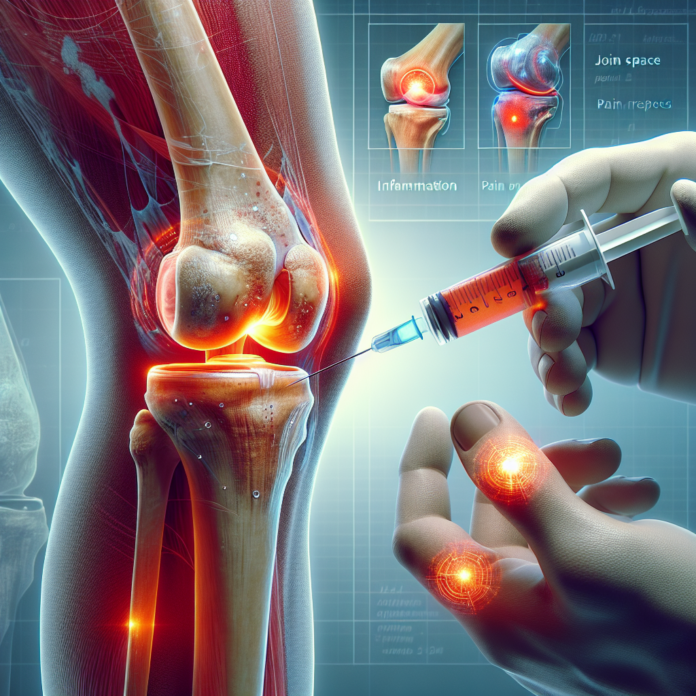Cortisone shots are frequently used in medical practice to alleviate pain and inflammation, especially in joints such as hips, knees, and shoulders. Typically, they provide temporary relief by reducing inflammation in the targeted area. However, what happens when the expected relief turns into intensified pain? This scenario, while not common, can occur due to several reasons. Understanding these reasons can help patients manage their expectations and make informed decisions about their treatment options. In this article, we will delve into why a cortisone injection might make a joint feel worse instead of better and explore alternative treatments for long-term relief.
Why Cortisone Shots Might Cause More Pain
While cortisone shots are designed to reduce inflammation, they can occasionally lead to increased discomfort. This can occur if the injection contains a significant amount of fluid, which can distend the joint capsule, particularly in areas like the hip where space is limited. This distension can cause pain, especially if the numbing agents such as lidocaine or bupivacaine are not used, or their effects have worn off.
Limitations of Cortisone Injections
It is crucial to understand that cortisone is purely an anti-inflammatory treatment and does not heal structural issues like labral or meniscal tears. While it can provide temporary pain relief, it does not address the underlying problems. Furthermore, repeated cortisone injections have been associated with accelerated cartilage and bone breakdown, potentially increasing the risk of arthritis and the need for joint replacement surgeries.
Considering Alternatives
Given the limitations and potential adverse effects of cortisone shots, exploring alternative treatments could be beneficial. Regenerative therapies, although not covered by insurance and still considered experimental, might offer more effective solutions for certain patients. These alternatives can potentially promote healing rather than just temporarily alleviating symptoms.
Conclusion
Cortisone shots might relieve pain, but can also cause increased discomfort due to fluid distension in joints. They don’t heal tears and may hasten arthritis. If you’re considering cortisone injections or experiencing unexpected pain post-injection, consult with your healthcare provider to discuss the risks, benefits, and possible alternatives.
